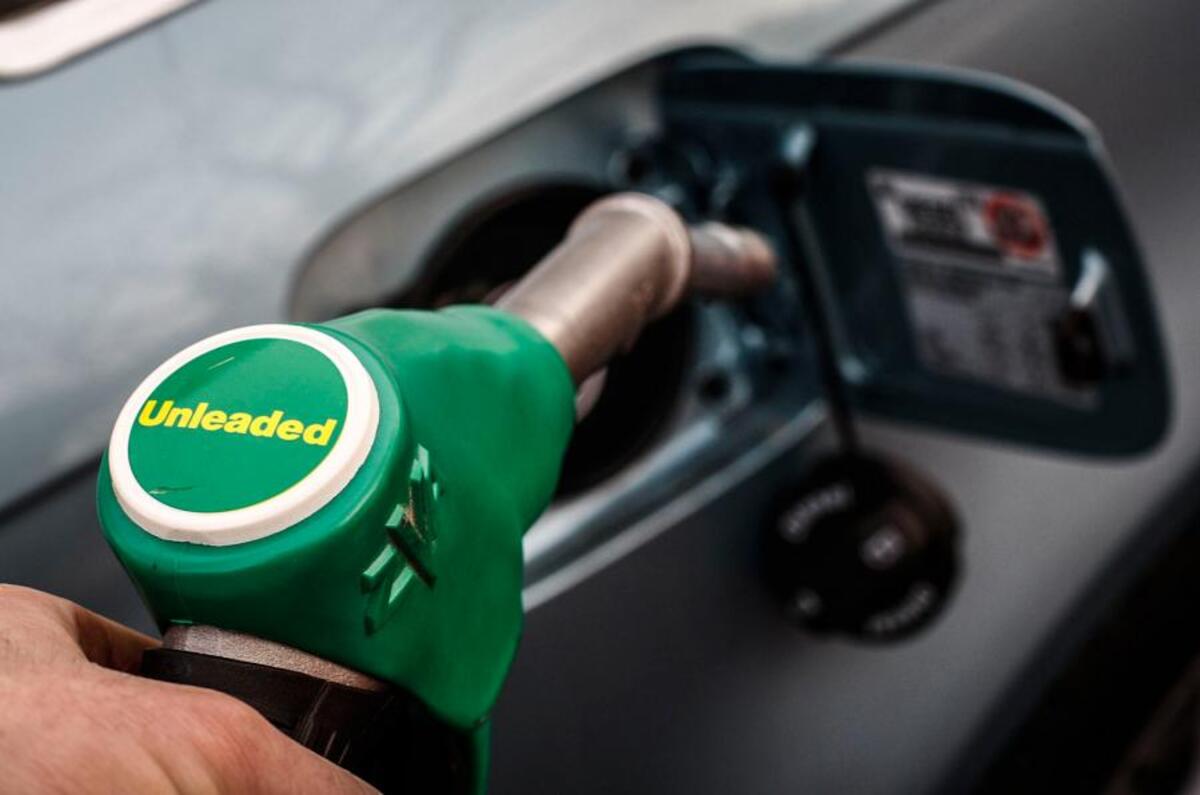The oil-producing Opec states have agreed to cut production in an effort to restore the price of crude oil in the wake of a drop in global demand.
The price of oil is expected to increase following the cut in production, before the market stabilises once more at a higher price point. The production cuts will be shared between the larger member states of Opec.
Read about Brexit fuel price fears here
The production cut takes effect in 2017, when the group of nations, according to a report from the Financial Times, will cut 1.2 million barrels per day from Opec's total output. This is the first time Opec has agreed to scale back production since the financial crisis of 2008.
It was previously expected that fuel prices would increase as a result of Brexit, although they actually fell in August, albeit for the first time in months. In January of this year, average fuel prices were the lowest they had been since 2009, although the price of unleaded has risen steadily from 102.3p per litre in January to 115.7p per litre in November.
Read more about the year's fuel price fluctuations
It’s not yet known by how much fuel prices will rise, but the largest leap in prices came between March and April this year, when the price of one litre of petrol climbed 4.2p per litre to 107.2p.
It has been reported that the larger Opec member states are hoping for a quick recovery of prices, so expect them to rise before the second quarter of 2017.




Join the debate
Add your comment
Ho hum........
pumps ---> drills
Yes, they'll be cutting